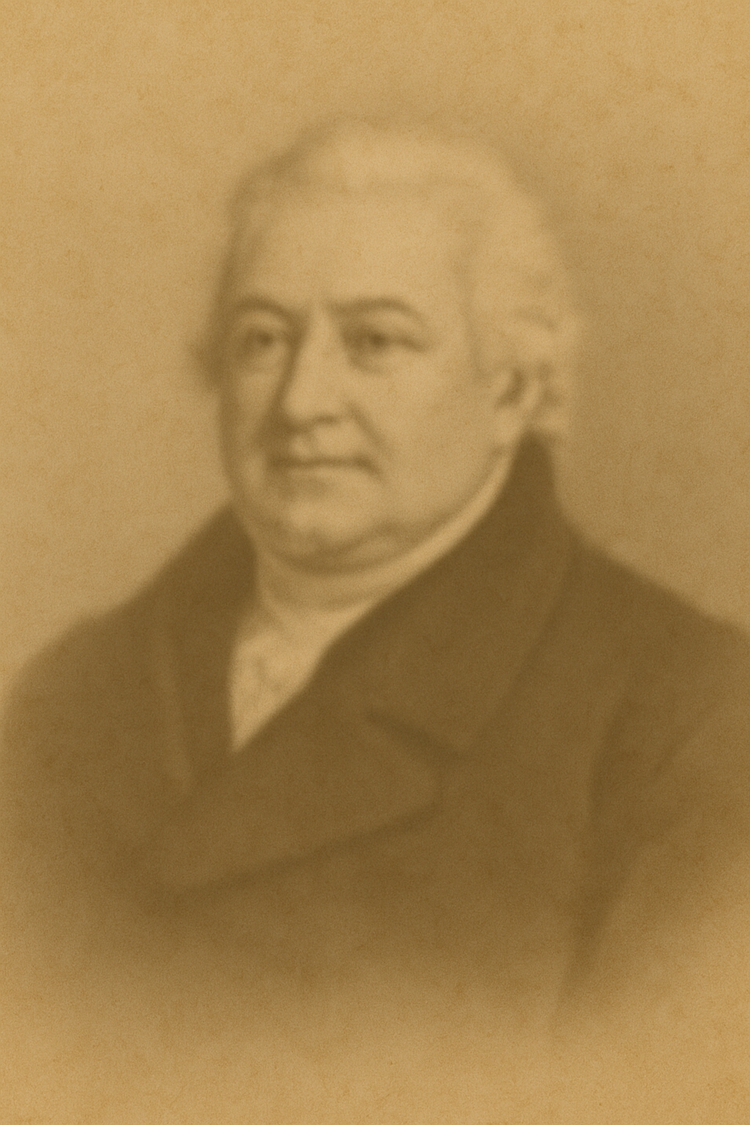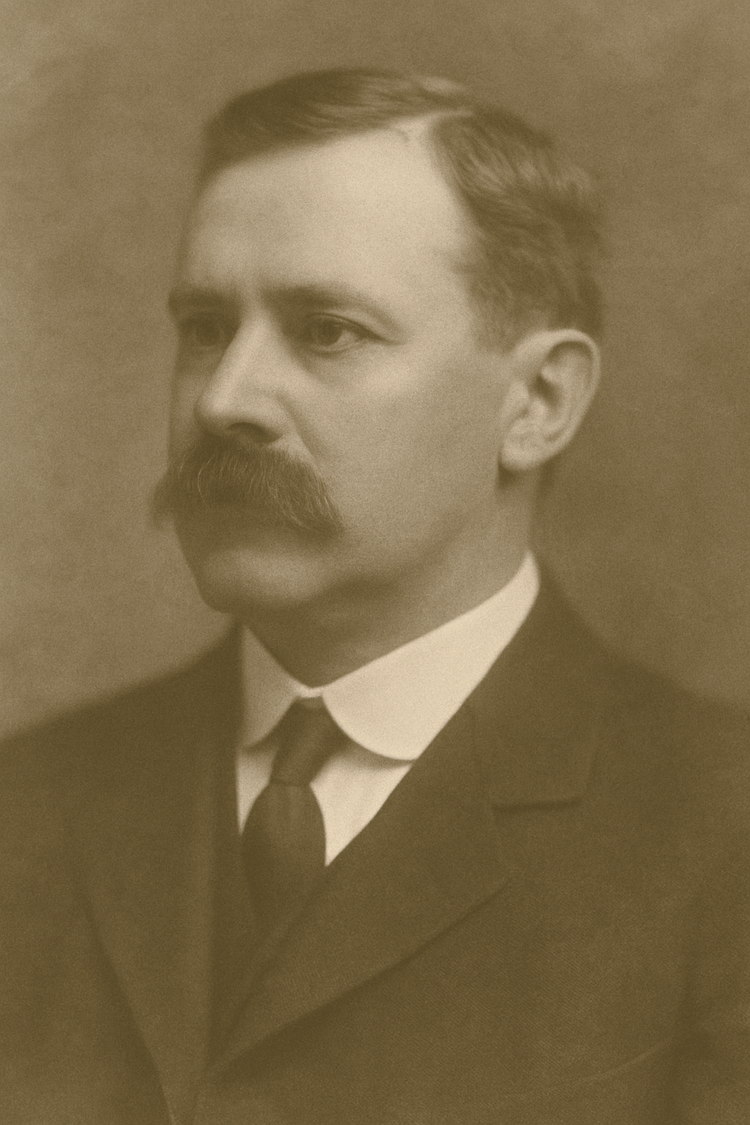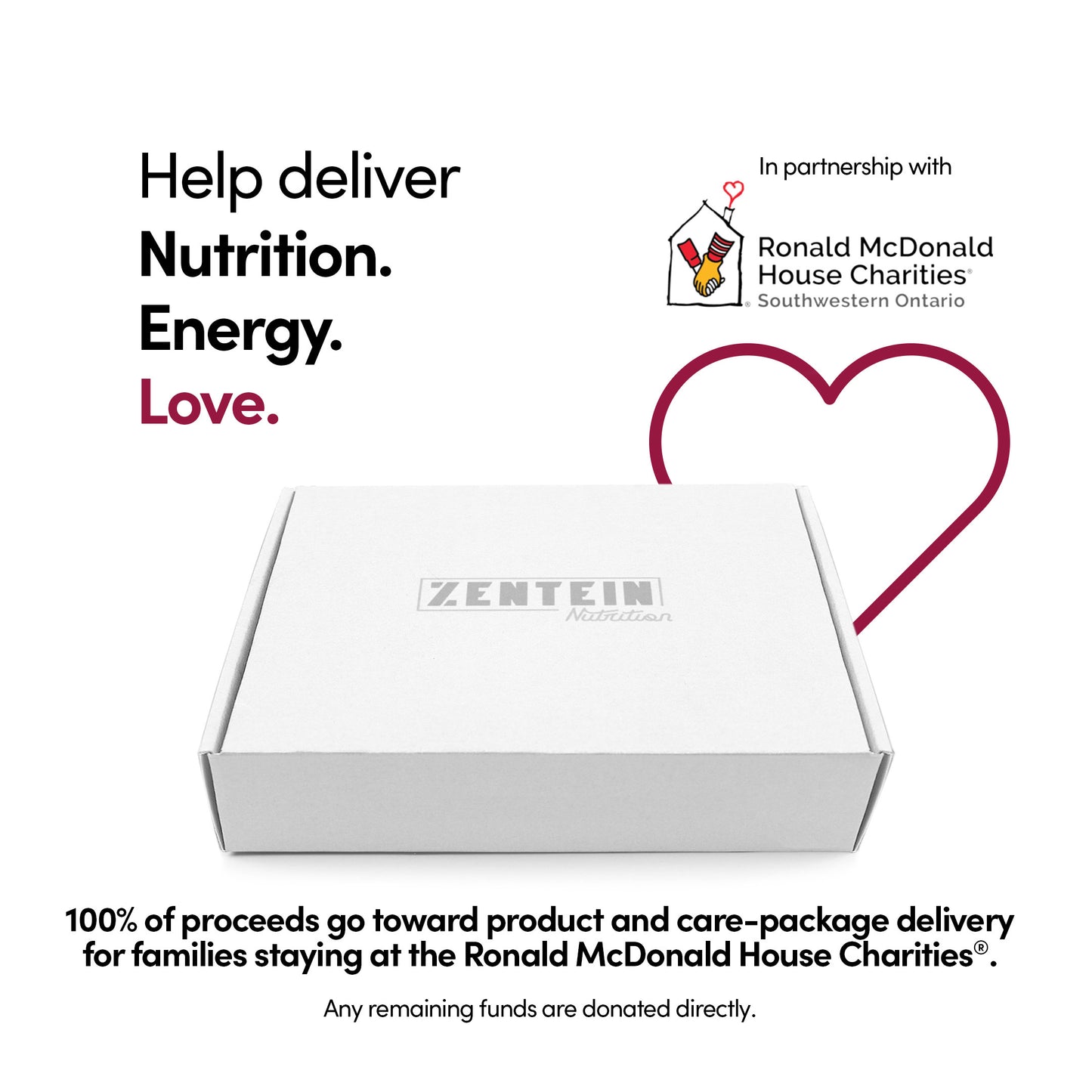Our Mission
Zentein (zen-tēn)

Zen
Zen
A state of calm attentiveness, profound peace, relaxation, and being present.

Protein
Protein
A natural chain of amino acids that forms the structure of the body: muscles, skin, and cells alike. In balance, it supports recovery, growth, and a steady state of wellbeing.
Our Vision
Food for Life

Food in Action
Food in Action
Nutrition isn’t theory. It’s transformation you can see. Each story below reveals the same truth: when we feed better, we live better.
Explore how real nutrition creates real impact in every corner of life.

School Nutrition Programs
School Nutrition Programs
Fuel minds. Feed futures. Enable Education.
Studies around the world show that when children eat nutritious meals at school, test scores rise, dropout rates fall, and childhood hunger disappears. Balanced school meals fill stomachs and they build stronger bodies and sharper minds. One of the most inspiring examples is the Akshaya Patra Foundation in India. They are the world’s largest school meal program, serving over 2 million children daily. By ensuring children receive at least one wholesome meal in school, the program helps boost enrolment, attendance, and retention. In some communities, parents are more willing to send children to school because they know their child will be fed. In effect: meals = motivation + equity.
Every meal is more than food. It’s focus, attendance, and hope.

Athletic Performance
Athletic Performance
To unlock peak human performance.
Behind every record broken and finish line crossed is more than training. There's nutrition in action. Research shows that athletes who optimize protein, carbohydrate, and micronutrient intake experience faster recovery times, improved focus, and greater endurance. Top Olympic programs now employ full-time sports dietitians because nutrition can account for up to 20% of performance variance between similarly trained athletes.

Hospital Recovery Nutrition
Hospital Recovery Nutrition
Healing starts with what’s on the plate.
Malnutrition affects up to 1 in 3 hospital patients, delaying wound healing, weakening immunity, and lengthening hospital stays. (Journal of Parenteral and Enteral Nutrition, 2020). But when nutrition becomes part of treatment, the results are profound: A meta-analysis in Clinical Nutrition found that targeted nutrition support reduced hospital readmissions by 25% and improved survival rates. In Canada, the Canadian Malnutrition Task Force reports that identifying and treating malnutrition can shorten hospital stays by 2–3 days per patient, saving millions in healthcare costs while improving outcomes. Programs integrating high-protein, micronutrient-dense meals into patient recovery have shown faster rehabilitation and fewer post-surgical complications.

Community Gardens & Local Food Access
Community Gardens & Local Food Access
Better soil. Better food. Stronger communities.
Community gardens across Canada and the world have shown that local food access transforms wellbeing:
A study in Public Health Nutrition found that community gardeners eat 40% more fruits and vegetables than non-gardeners. Participants also reported lower stress levels and stronger social ties, linking nutrition to mental health through belonging and purpose. In Toronto’s community garden network, programs in food-insecure neighbourhoods improved access to fresh produce and reduced grocery expenses by up to 30%. (Toronto Urban Growers Report, 2022). Even small gardens at schools, shelters, or apartment courtyards have been shown to increase engagement in physical activity and food literacy.

Prison Nutrition Reform
Prison Nutrition Reform
Changing behaviour from the inside out.
Groundbreaking research by Oxford University physiologist Bernard Gesch and colleagues found that when prisoners received daily supplements of vitamins, minerals, and omega-3 fatty acids, disciplinary offences dropped by 37% and violent incidents by 26%.(Source: Gesch et al., British Journal of Psychiatry, 2002)
Later studies in the Netherlands confirmed similar results: inmates who received nutritional supplements committed significantly fewer infractions compared to those on placebos.
(Source: Zaalberg et al., British Journal of Psychiatry, 2010)
These findings reveal that behaviour can a reflection of biology. Deficiencies in key nutrients can disrupt brain chemistry, impulse control, and emotional stability.

Brain and Mental Health
Brain and Mental Health
Good food. Good mood.
Your brain is shaped by what you eat and what you don’t. Diets high in ultra-processed foods and artificial additives are strongly linked to rising rates of anxiety, depression, and fatigue. A 2023 JAMA Psychiatry study found that those who consumed the most processed foods faced a 50% higher risk of depressive symptoms. In contrast, the University of Melbourne’s SMILES Trial (2017) showed that switching from a processed Western diet to a whole-food, Mediterranean-style diet reduced major depressive episodes by 32% in just 12 weeks. Artificial sweeteners and preservatives like aspartame can disrupt the gut–brain axis, interfering with serotonin and dopamine: the messengers of mood, focus, calm, and action.

Nutrition & Aging
Nutrition & Aging
Age gracefully. Live powerfully.
Healthy aging begins at the table. As we age, the body’s ability to absorb nutrients and maintain muscle naturally declines, making quality nutrition more vital than ever. Adequate protein helps preserve muscle and balance, preventing frailty and falls.
Omega-3s protect heart and brain function, while vitamin D, calcium, and antioxidants strengthen bones, joints, and immune defense. Research in The American Journal of Clinical Nutrition (2022) shows that older adults with balanced, protein-rich diets maintain greater strength, independence, and cognitive health.
Good food not only adds years to life, it adds life to those years.

Action in Food
Action in Food
The power to nourish isn’t limited to scientists or chefs - it’s in all of us. Each ingredient you choose, each meal made with care, is a quiet action that strengthens bodies, minds, and communities. Food has always been more than fuel: it’s how we heal, connect, and create the world we want to live in.
Food for Thought

“We cannot think well, love well, or sleep well if we have not dined well.”
“We cannot think well, love well, or sleep well if we have not dined well.”
Virginia Woolf (1882–1941) was a British writer and one of the most important modernist voices of the 20th century. Known for her deep insight into the human mind and social structures, she often used the act of eating as a metaphor for emotional and intellectual nourishment. In A Room of One’s Own, she highlighted how something as simple as a meal reflects privilege, creativity, and equality, reminding us that nourishment feeds both body and spirit.

“Tell me what you eat, and I will tell you what you are.”
“Tell me what you eat, and I will tell you what you are.”
Jean Anthelme Brillat-Savarin (1755–1826) was a French lawyer, politician, and epicure who became one of history’s most influential voices on food and culture. His seminal work, The Physiology of Taste, explored how what we eat shapes our health, happiness, and even society itself. Blending philosophy with gastronomy, he taught that food is more than sustenance: it is identity, pleasure, and the foundation of civilization.

“There are only nine meals between mankind and anarchy.”
“There are only nine meals between mankind and anarchy.”
Alfred Henry Lewis (1855–1914) was an American journalist, lawyer, and novelist known for his sharp political commentary and investigative writing. A muckraker during the Progressive Era, he exposed corruption and wrote vividly about the fragility of civilization. His famous observation above captured his belief that society’s order rests on something as simple and essential as food, reminding us how hunger can quickly unravel the fabric of peace and morality.

“All you need is love. But a little chocolate now and then doesn’t hurt.”
“All you need is love. But a little chocolate now and then doesn’t hurt.”
Charles M. Schulz (1922-2000). Love is the foundation we all need, but sometimes, it finds its way to us through small, tangible things. Food can carry love in every form: a memory, a moment of comfort, a spark of hope. From miners heading underground to children off to school, generations have been sent to face their days with meals made by someone who cared. Each bite was more than nourishment. It was love made visible, reminding us that even the simplest foods can hold the deepest meaning.

“不得其醬,不食 " --If the sauce is not properly prepared, do not eat.
“不得其醬,不食 " --If the sauce is not properly prepared, do not eat.
Confucius (551–479 BCE) taught that food embodies harmony, integrity, and mindfulness. A properly prepared sauce symbolized balance: the unity of nature’s elements brought together with care. To accept what is poorly made was, to him, a compromise of virtue. Through food, he revealed a greater truth: that harmony in life begins with discipline in the smallest details and respect for the craft that sustains us.

“Anyone can cook.”
“Anyone can cook.”
Chef Auguste Gusteau, Ratatouille. Chef's words aren’t just about cooking. They’re about possibility. The kitchen becomes a metaphor for life itself: no matter who you are or where you start, skill and greatness can be cultivated through curiosity, effort, and heart. In every person (or living being) lies the potential to create something extraordinary.
'Chef Auguste Gusteau’ and the quote ‘Anyone can cook’ are from Pixar’s Ratatouille (2007). All rights belong to Disney/Pixar. Used here for inspirational purposes only.



